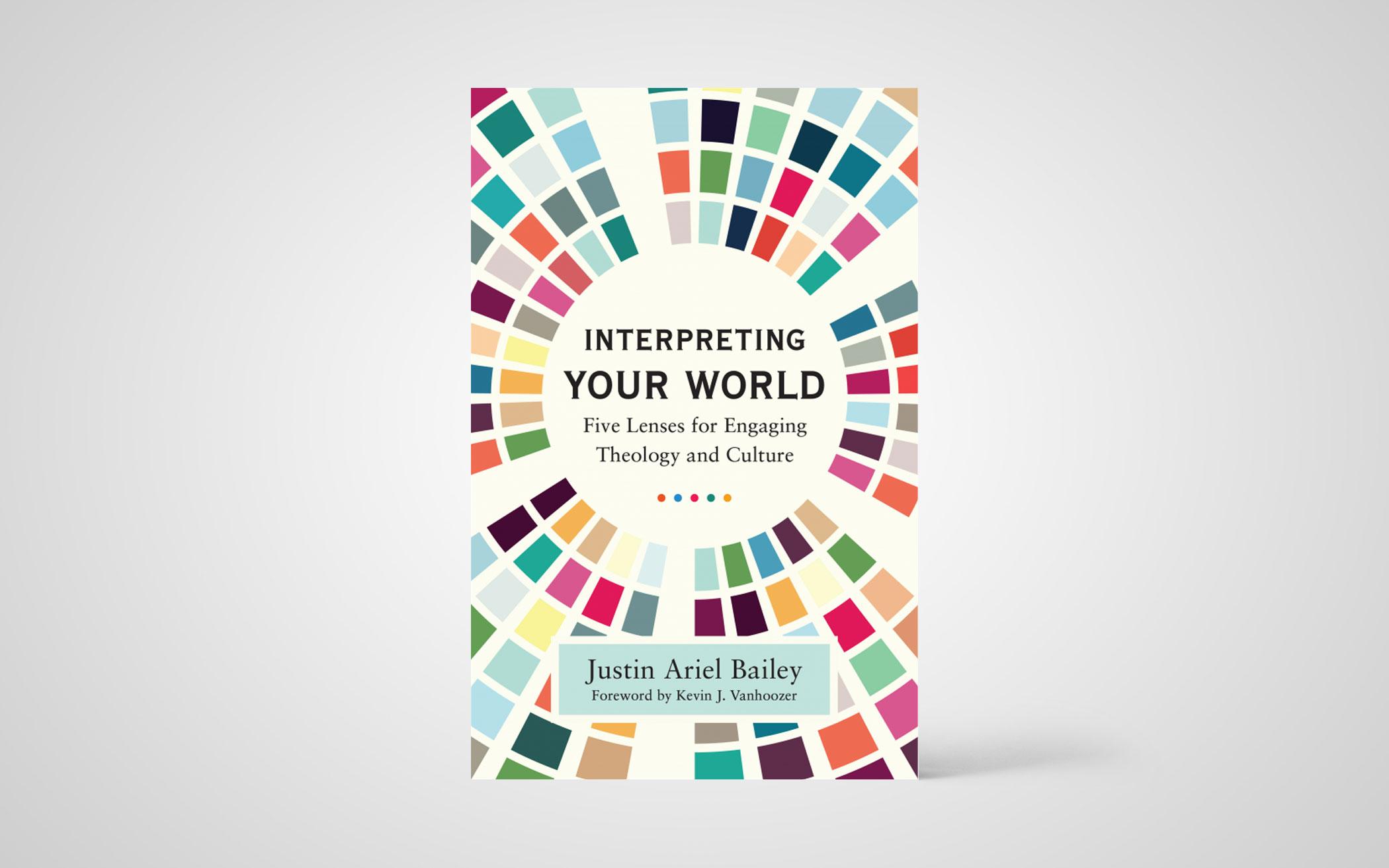Here’s how my typical day starts: I wake up, stumble downstairs, make myself a coffee; I sit on the couch with my iPhone to review the news, complete the New York Times mini crossword puzzle, and see what email awaits me at my desk. Most of the time, I don’t think much about this habit of mine or what it means for my faith. You might be the same way.
Justin Bailey, who teaches theology at Dordt University, wants to help us reflect on what all this (and so much more: everything that fills our days, in fact) might mean as a Christian believer. How does our faith shape our interpretation of the world we live in? How does our way of life in the world reflect what we truly believe? How do faith and culture relate?
His book emerges from his own teaching where he provokes students to reflect critically on how their Christian faith influences their relationship to the culture they inhabit, produce, and consume. He’s asking them, and us, to wonder how our beliefs shape the meaning we make about the whole world.
Having been raised in a Baptist church, Bailey now recognizes that his Christian belief functioned mostly as a critique of the culture (or what sometimes we call “the world”) outside the church. But now that he’s a Christian Reformed Church pastor and theologian, influenced by the comprehensive Reformed worldview, he recognizes that a more nuanced and complex interpretation is required. Things can’t be so easily reduced to a simplistic good (church) or bad (culture/world).
Bailey offers us “five lenses” for how we might reflect on the meaning of our culture. First, culture conveys particular meanings to us. That is, culture is like a story or a framework of meaning we are assimilated into. Second, culture is a network of powerful forces that impinge on and shape us. Our community, gender, nationality, socio-economic class, political system, and so much more, all form our self-understanding of our identity (and the identities of others).
Third, culture has an ethical dimension. Our time and place lead us to think of certain behaviors as praise-worthy and other actions as shameful—we are trained to live (or aim to live) in certain ways. Fourth, culture has a religious dimension. Every group of people holds some things to be of such importance to life that they’re deemed to be sacred. Sometimes those are institutional religious beliefs (God); other times they’re culturally constructed alternatives (idols); some are a mixture of both. Fifth, culture has an aesthetic dimension in which art, beauty, imagination, and playfulness make life more than a boring, mechanical routine.
This is a vibrant and exciting area of academic philosophical research at the moment. Scholars refer to it as “cultural hermeneutics”—the study of how we interpret the world(s) (cultures/societies) we live in. Because it’s such a large field, Bailey has had to make choices about where to focus and what to leave out. As a fellow CRC pastor-theologian, I notice that there are important Reformational scholars whose work hasn’t been included and brought forward here, which is unfortunate for people like me who are deeply invested in retrieving, renewing, and reapplying those insights for holistic faith and life today.
But this probably points to where this book can be most helpful. I can see this book being used fruitfully in local congregations to begin conversations about our embeddedness in culture (both culture within and outside the church, even the sheer multiplicity of cultures we are part of without sometimes even knowing it). The structure of the book would make for a good six-week adult education course or a series of conversations with youth and young adults.
For example, if Christians were more attuned to the complex ways cultural dynamics shape so much of our life, this would not only help us discern how to live faithfully today, it would also help us better sense how our missional calling could gain traction in the actual lives of our neighbors. This would help dismantle the unfortunate “us vs. them” mindset that has crept into North American evangelicalism. We’re all in this together when it comes to this web of cultural influences, and Bailey can get us started noticing this. (Baker Academic)
About the Author
Michael Wagenman is the Christian Reformed campus minister at Western University in London, Ont., where he invites undergraduate students to put their faith into loving service and mentors graduate students. His most recent book is The Power of the Church: The Sacramental Ecclesiology of Abraham Kuyper (Wipf &Stock, 2020).

